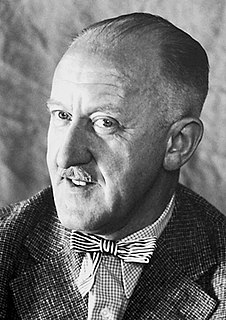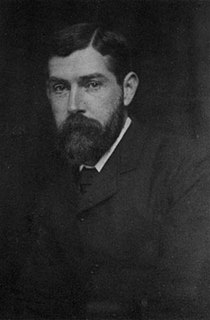A Quote by Max Anders
Religious truth is not false for being narrow any more than mathematical or scientific truth is false for the same reason.
Related Quotes
Don't lies eventually lead to the truth? And don't all my stories, true or false, tend toward the same conclusion? Don't they all have the same meaning? So what does it matter whether they are true or false if, in both cases, they are significant of what I have been and what I am? Sometimes it is easier to see clearly into the liar than into the man who tells the truth. Truth, like light, blinds. Falsehood, on the contrary, is a beautiful twilight that enhances every object.
We have hitherto considered only two possibilities: that the received opinion may be false, and some other opinion, consequently, true; or that, the received opinion being true, a conflict with the opposite error is essential to a clear apprehension and deep feeling of its truth. But there is a commoner case than either of these; when the conflicting doctrines, instead of being one true and the other false, share the truth between them.
Prophet may you be! If I be false, or swerve a hair from truth, when time is old and hath forgot itself, when waterdrops have worn the stones of Troy, and blind oblivion swallowed cities up, and mighty states characterless are grated to dusty nothing, yet let memory, from false to false, among false maids in love, upbraid my falsehood!
THERE is no method of reasoning more common, and yet none more blameable, than, in philosophical disputes, to endeavour the refutation of any hypothesis, by a pretence of its dangerous consequences to religion and morality. When any opinion leads to absurdities, it is certainly false; but it is not certain that an opinion is false, because it is of dangerous consequence. Such topics, therefore, ought entirely to be forborne; as serving nothing to the discovery of truth, but only to make the person of an antagonist odious.
The philosopher forms his principles on an infinity of particular observations. He does not confuse truth with plausibility, he takes for truth what is true, for false what is false, for doubtful what is doubtful, and probable what is probable. The philosophical spirit is thus a spirit of observation and accuracy.
A man must first of all understand certain things. He has thousands of false ideas and false conceptions, chiefly about himself, and he must get rid of some of them before beginning to acquire anything new. Otherwise the new will be built on a wrong foundation and the result will be worse than before. To speak the truth is the most difficult thing in the world; one must study a great deal and for a long time in order to speak the truth. The wish alone is not enough. To speak the truth one must know what the truth is and what a lie is, and first of all in oneself. And this nobody wants to know.


































